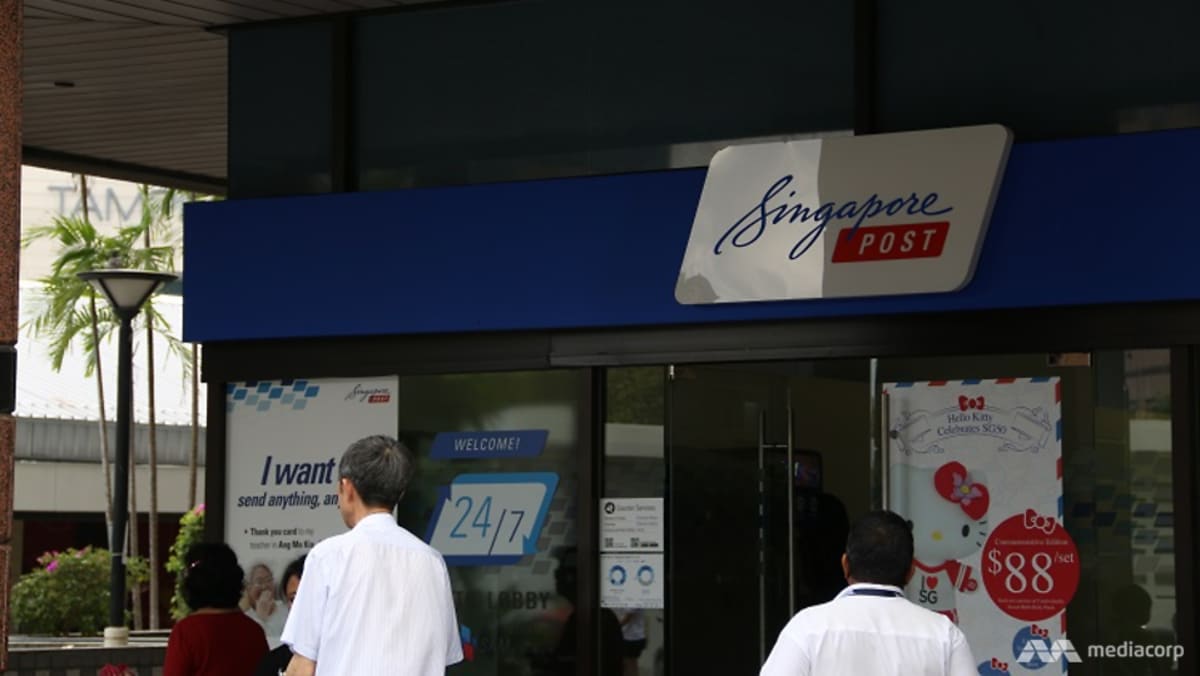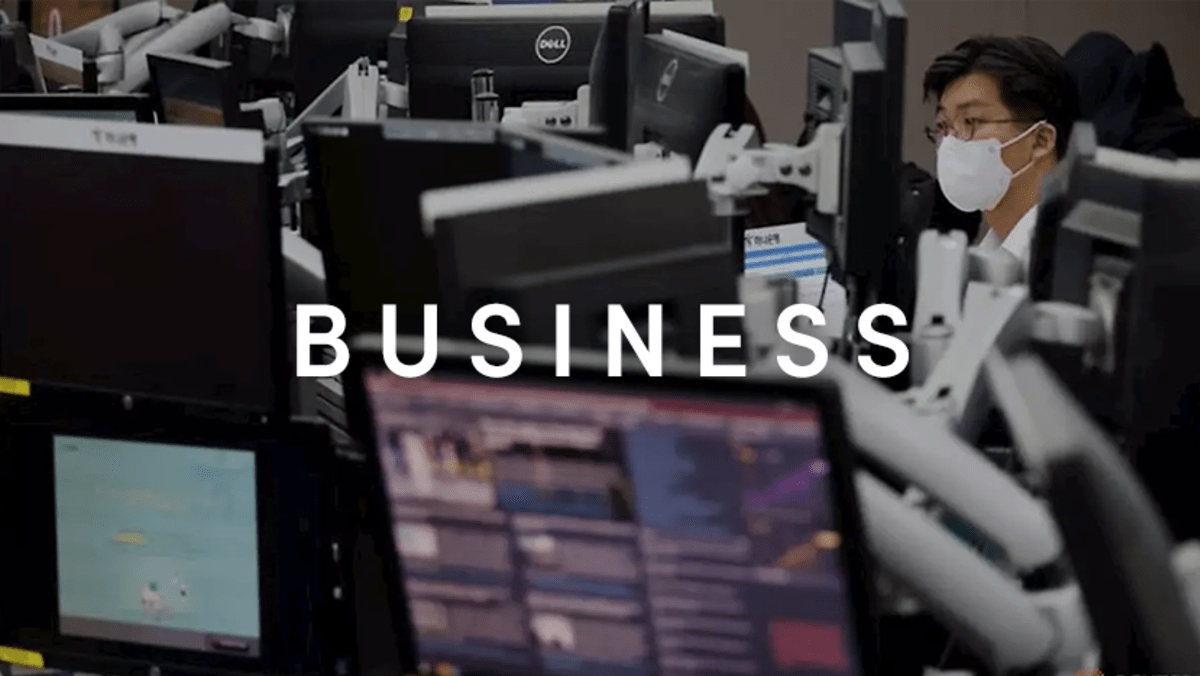Founded in China, Shein is known for its cheap tops and dresses. Its treatment of workers and environmental record have come under increased scrutiny following reports that it could list its shares in London.
Under European Union anti-greenwashing regulations that came into force this year and will apply in all member states in two years’ time, companies are banned from making vague environmental claims about their products, like labelling them “energy efficient” or “environmentally friendly” if they don’t provide evidence to back them up.
“We’re going through a green claims correction period, where companies are either going to be investigated and fined, or they go away and get the data to really substantiate and accurately communicate specific claims,” said Abbie Morris, CEO of Compare Ethics, which checks green claims compliance for clients like Reformation and New Look.
Shein, in its statement, said it was committed to complying with laws and regulations in the markets where it operates and to maintaining transparency with its customers.
Italy’s antitrust body, which is in charge of consumer protection as well as competition issues, recently opened investigations into online search giant Google and luxury brands Armani and Dior.
Under Italian legislation, companies found in breach of consumer rights rules face fines ranging from €5,000 to €10 million (US$5,590-US$11.2 million).
Shein has its Europe, Middle East and Africa headquarters in Dublin. Its global headquarters are in Singapore.














